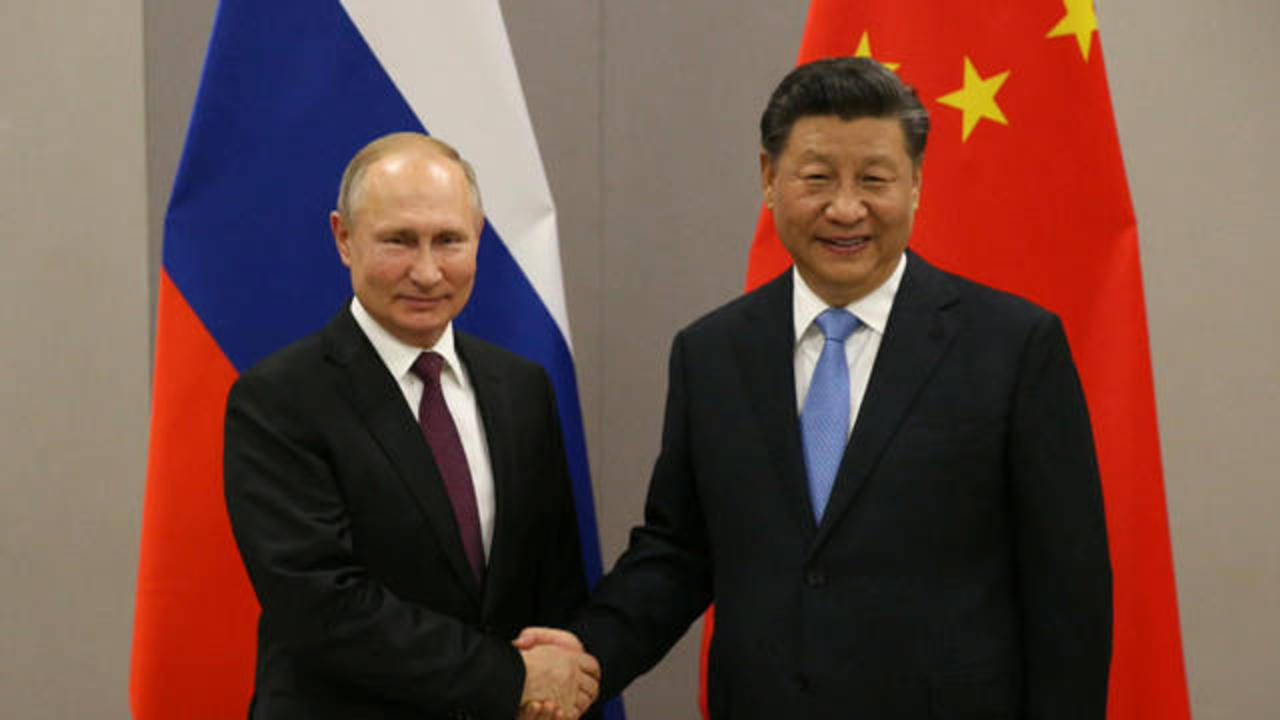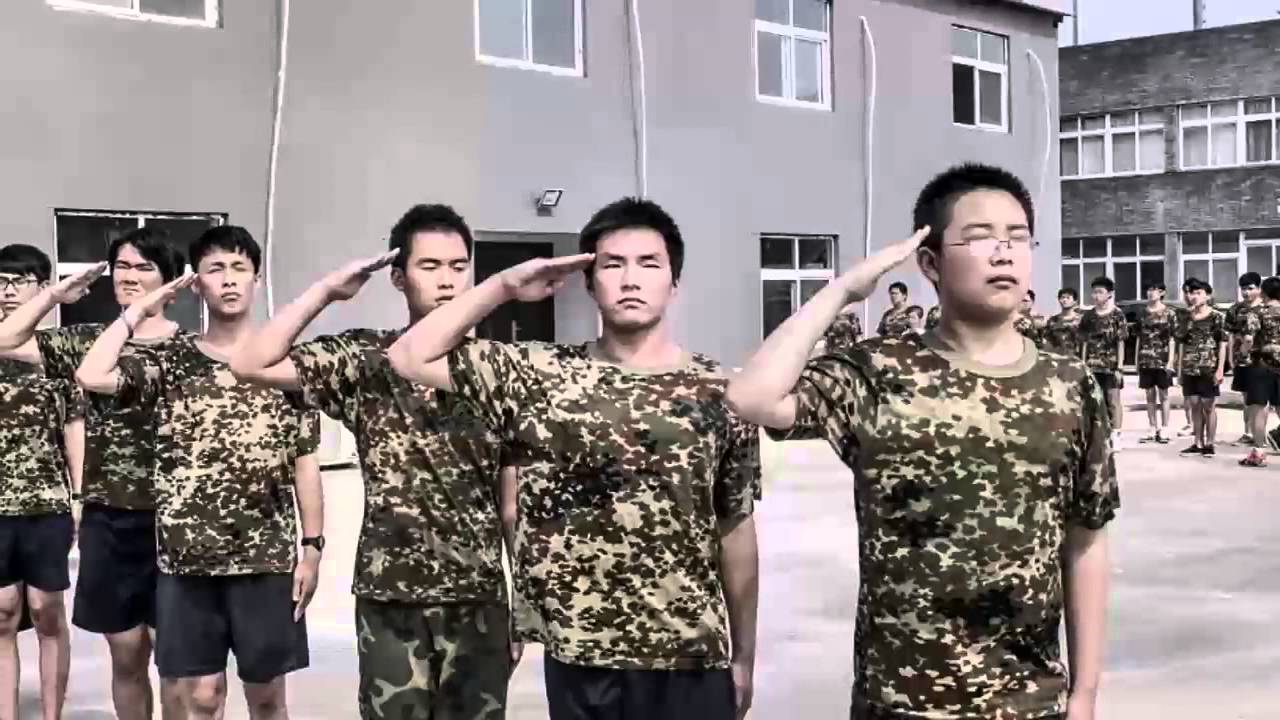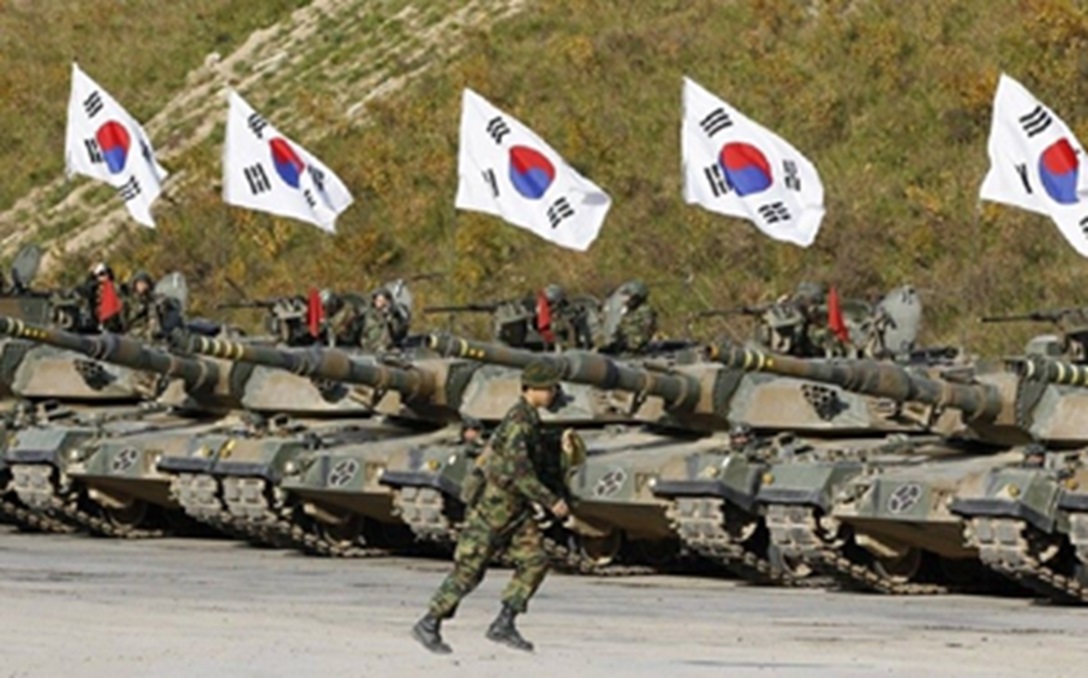Chinese premier Xi Jinping is visiting Moscow for a summit with the president of Russia shortly. Western capitals have expressed scepticism about China’s diplomatic initiative. Can the collective campaign of the west deepen the Russian-Chinese coordination? Are the developments in Ukraine a learning opportunity for China? Can China Support Russia?
Almost a year after the beginning of the war in Ukraine it is interesting to see how it has shaken the world order. This conflict has often been reduced to a struggle between Western and non-Western countries. This realistic but simplistic vision of the conflict hides some analyses that we could make.
China’s position has been much scrutinized by the world till today. With the new warrior-wolf diplomacy adopted by the Xi Jinping regime, the reviews saw the Middle Kingdom supporting the Russian Federation.
In fact, Beijing’s support for Russia in principle is not yet tangible and outright. But how does China perceive the Ukrainian conflict and what does it learn from this conflict? The beginning of the conflict was complicated for the whole of Europe. China was initially attentive. Moreover, China knew that it would have a determining position in these tensions. Chinese Foreign Minister Wang Yi is the bearer of this more open and pronounced diplomacy. During the beginning of the war, the MOFA remained silent. China has observed the outbreak of the conflict, the rush of the UN and the different diplomatic developments.
China used the war in Ukraine as a diplomatic laboratory for invading Taiwan. If the attempt to take over the island did not work, it would be forced to use its army. China will try all possible political destabilization in Taiwan. There are rumours about the usage of nuclear weapons. The Chinese strategy can have two approaches as placed below. We know that if China sees only invasion as the way out, it will resort to it. But examples like those of Hong Kong bring another scenario, through political games, Beijing will manage to elect a representative to go to Taiwan.
1. Ukraine – A Diplomatic Laboratory for Experimentation
The interesting thing about a lab is that you can make some experiments. It is what the Chinese government is doing with Ukraine during the war. In the event of a military invasion of the island of Taiwan, the regime is anxious to ensure the manoeuvrability of international institutions. In addition, this allows it to gauge the real impact of Western sanctions on its economy. With this in mind, China is using its analysis and computers to develop scenarios in the event of action in Taiwan. Beijing is currently producing multi-variable analyses that allow it to manipulate the various actors in the world at will. If we rely on its vast network in the states, it would seem that China is many times ahead of its international counterparts. China has many internal problems and the recent tensions around the zero covid policy is one among the many. In case of any international sanction, China is capable to go into a war economy which can last for many months. By the army taking over the administration, China can sustain itself by giving food and care to the people. Only a few developing countries can support themselves during months in a state of war. This is what North Korea has been doing for decades. The current Chinese position is deliberately neutral and unclear to destabilize Western countries. The various meetings at the ASEAN summit and the G20 have allowed China to be in the first position of mediator in the history of the conflict in Ukraine. This position of the mediator gives an upper hand for China over the United States. China is also replacing the USA in terms of conflict mediation, not only in Ukraine but also in inter-Korean relations. This reinforces the cold tensions between the United States and China. By their willingness to get closer, to develop their relationship and to include countries that have been sanctioned or not sanctioned by the West, Russia and China look for a world other than the west-centric economy. But in this complex situation, the hegemonic country will be China. In its history, China has shone by gathering warlike tribes to form a powerful and solid empire. This is its goal today which is frightening for western countries.
2. A Neutral Diplomacy Representation
At the United Nations, like all developed countries, China sends its foreign minister to speak for the modern socialist countries. Minister Yi declares: “We call on all parties concerned to prevent the crisis from boiling over and to protect the legitimate rights and interests of developing countries”. He also stated that “All countries should be especially vigilant against the adverse spillover effects of the Ukraine crisis”. The spillover crisis means the use of dangerous weapons for humanity, such as nuclear weapons. Wang made these remarks at China -EU summit on an early date. We also understand in this statement, the highlighting of so-called developing countries. Most of them are behind China and the Russian Federation. Another example is a similar speech by Vladimir Putin, in September.
The Chinese president also called for a ceasefire and peace in Ukraine. This dual image of the tampon and apostle of peace follows a goal followed by the CCP. By putting itself as a peacemaker like this, China is advancing one step further in its cold war against the USA. The war is no longer economic, it is multivariate. In situations like diplomatic tension, where the United States often calls for peace, China is taking this position to replace the US. The Americans have become mere arms exporters in this conflict. This calls into question their position as a peacemaker, in favour of Beijing. By defending the integrity of each country’s land, China is sending a message of moderation to Russia, which is facing sanctions never seen in its history.
We can say that China is successful in maintaining its image while moderating or supporting Russia against the conflict with Ukraine.
Disclaimer: The views and opinions expressed by the author do not necessarily reflect the views of the Government of India and Defence Research and Studies
Title image courtesy: CBS News





